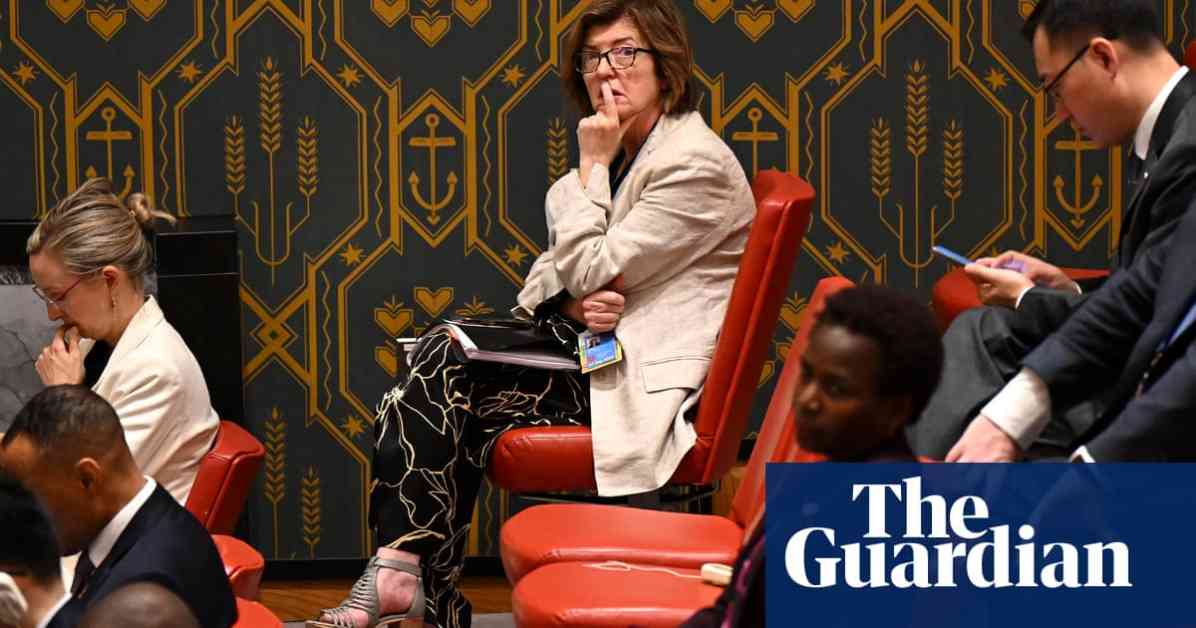Keir Starmer has made significant changes to his top team following the departure of his chief of staff, Sue Gray, who resigned amidst mounting criticism. The decision to replace Gray with Morgan McSweeney, who played a key role in Labour’s election victory, came as a surprise to many, including Gray herself.
Gray had been under intense scrutiny for her management style and handling of various controversies, including the issue of freebies and access to government papers. Despite some defending her, leaks and briefings against her ultimately led to her resignation. She will now take on a new role as the prime minister’s envoy to the nations and regions.
In her resignation statement, Gray expressed her commitment to public service but acknowledged that the intense commentary surrounding her position was becoming a distraction. Starmer, in response to Gray’s departure, emphasized his determination to deliver the change the country had voted for by bringing in new talent to his team.
The reshuffle also saw the promotion of more women into key positions within No 10, a move that aligns with Starmer’s efforts to diversify his team. Additionally, changes were made on the civil service side, with Nin Pandit appointed as principal private secretary to the prime minister.
The Conservative party has criticized the situation in Downing Street, describing it as “chaos” and questioning who will now lead the country in the wake of Gray’s departure. Despite the challenges faced by the Labour government, Starmer remains focused on delivering on the promises made to the public.
Overall, the reshuffle signals a new chapter for Starmer’s government, with a renewed emphasis on effective leadership and strategic communication. As the team adjusts to these changes, the focus remains on moving forward and addressing the pressing issues facing the nation.












